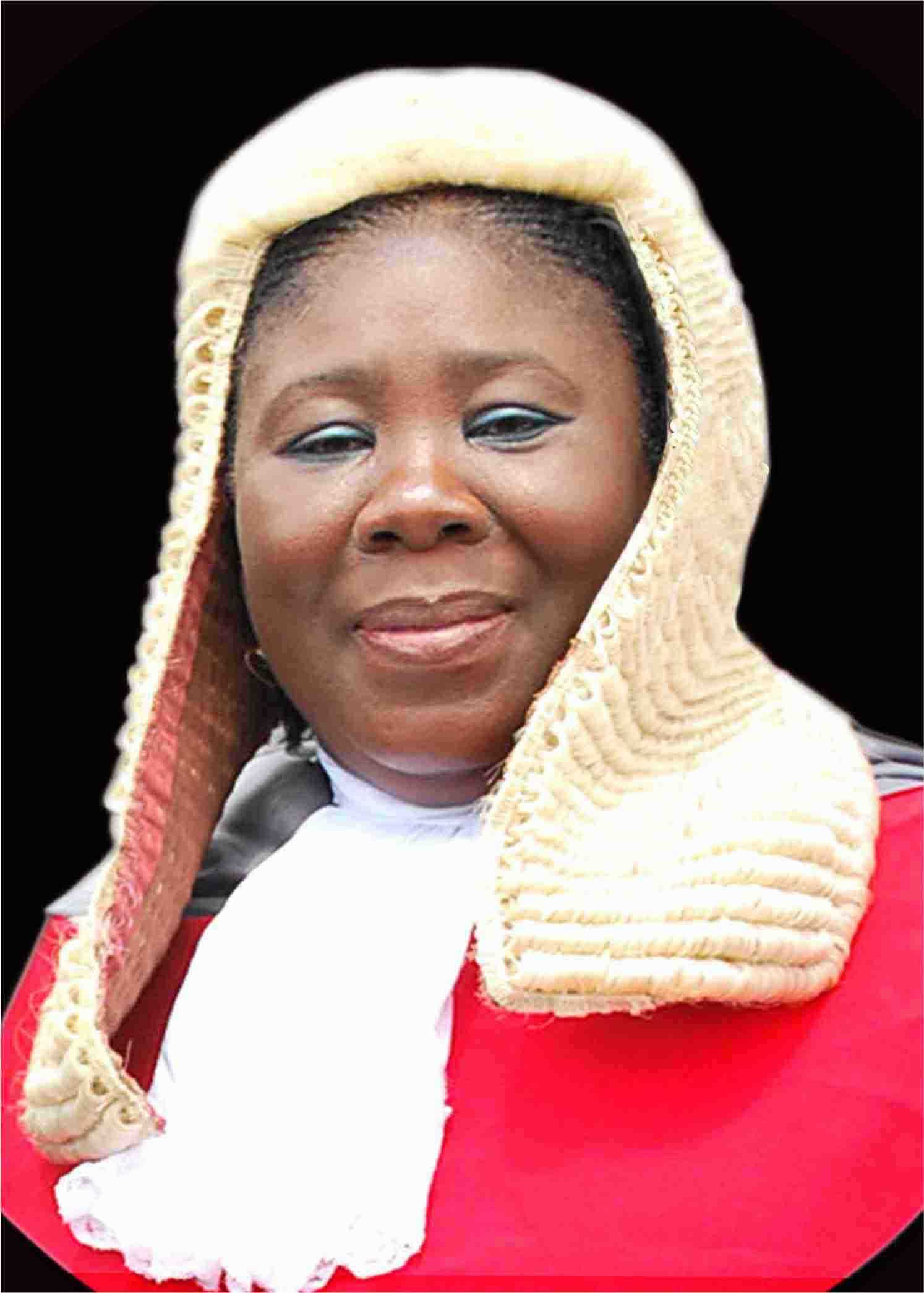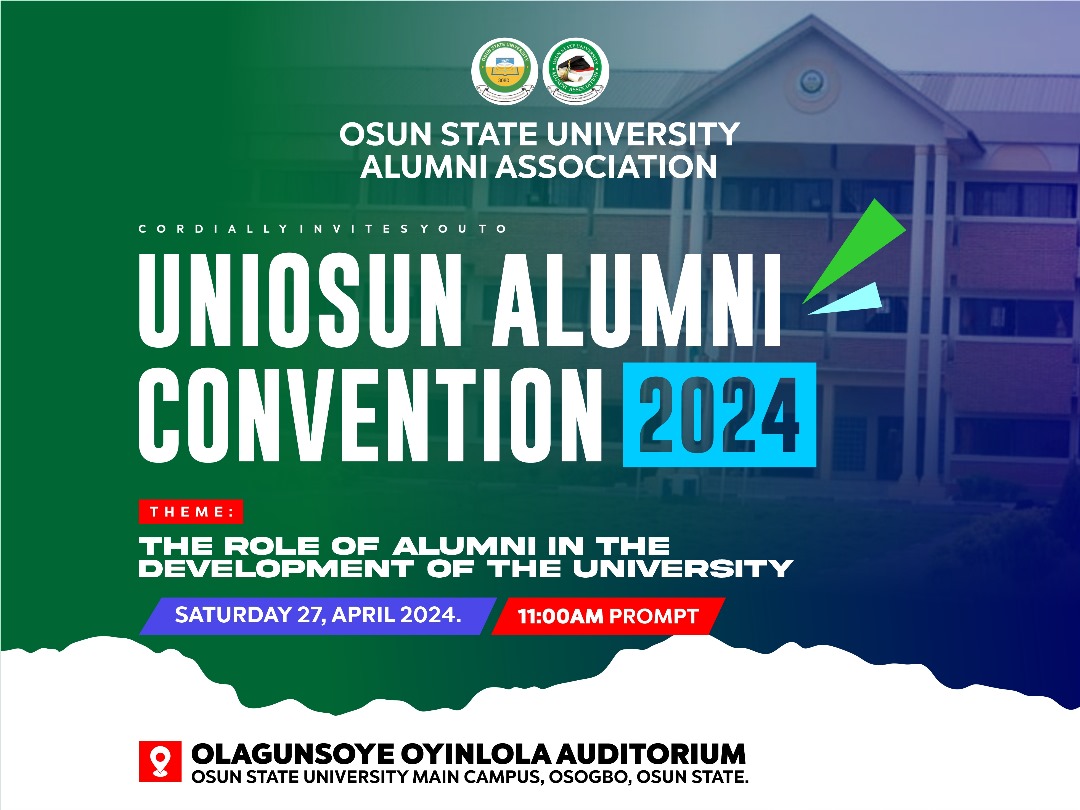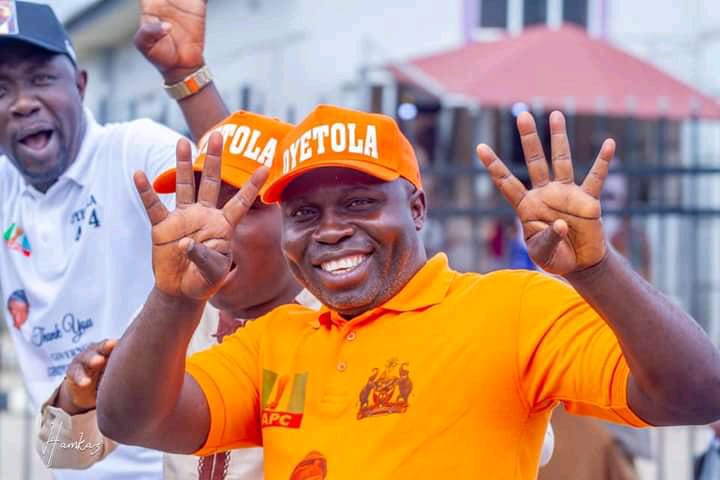EDITORIAL: Education And Elections


IT is reprehensible that the strikes afflicting the tertiary education sector have been so sensitively mismanaged that there are now demands linking the holding of elections with the amicable resolution of the strikes.
For democracy in particular a fragile one, this is fraught with great dangers. Elections are statutory and their observance is at the heart of the sustenance of democracy, only the invasion of the country by foreign troops can and should disrupt their constitutional scheduling.
The demonstration held at the Obafemi Awolowo University (OAU), Ile-Ife, yesterday had the theme of Education before Elections. The agitation is on the backdrop of the ongoing strikes and the closure of the university the previous day. The biggest casualties of the insensitivity are of course the students. They cannot rewind the clock and regain the time lost to the incessant strikes, in addition, they are now placed at a disadvantage compared to their contemporaries in the high fees paying private universities. The country is inadvertently promoting combustible class stratification and stoking up disaffection for the future. It is disheartening, indeed punitive and unjust that the public sector university students are placed at a disadvantage with potential employers who insist on a certain age cut-off point for new graduate employment. This is unfair and it should stop.
In this political season, the minds of the political establishment is concentrated on elections. Nevertheless, ending the strikes must become a priority. It has gone on for too long and the collateral damage is unacceptable.
Finally, the industrial relations set up in Nigeria which is datedly adversarial must be reworked. Competitive economies have replaced strife based industrial relations systems with a model based on cooperation and long term planning inserted into an overall fiscal landscape.
We urge all involved for the sake of the students and in the interest of the future to end the strikes now.
Reviewing The CBN Act
T
HIS is not the time to trade blames or call names, the issue is far too serious for that. The crux of the matter is that given the contentious incursion into the arena of partisan politics by the current Governor of the Central Bank of Nigeria, Godwin Emefiele, a dispassionate readjustment of the CBN Act must now be considered.
The Central Bank of a country must have operational independence over partisan political interventions and disruptions. Fundamentally, it must be uncompromising and focused on its core mandate of ensuring price stability. This is none negotiable. For sustained economic performance and the achievement of Social Cohesion can only be ensured by the attainment of macroeconomic stability. The two are interwoven and indeed necessary for the protection of democracy. The #EndSARs protest should be a forewarning that the necessary social cohesion is still fragile in Nigeria. Also the independence of the Central Bank is now observed in the breach.
It is now of the utmost importance to set up a bipartisan committee to rework the CBN Act towards restating it’s independence and making sure that it is focussed on it’s core mandate.










